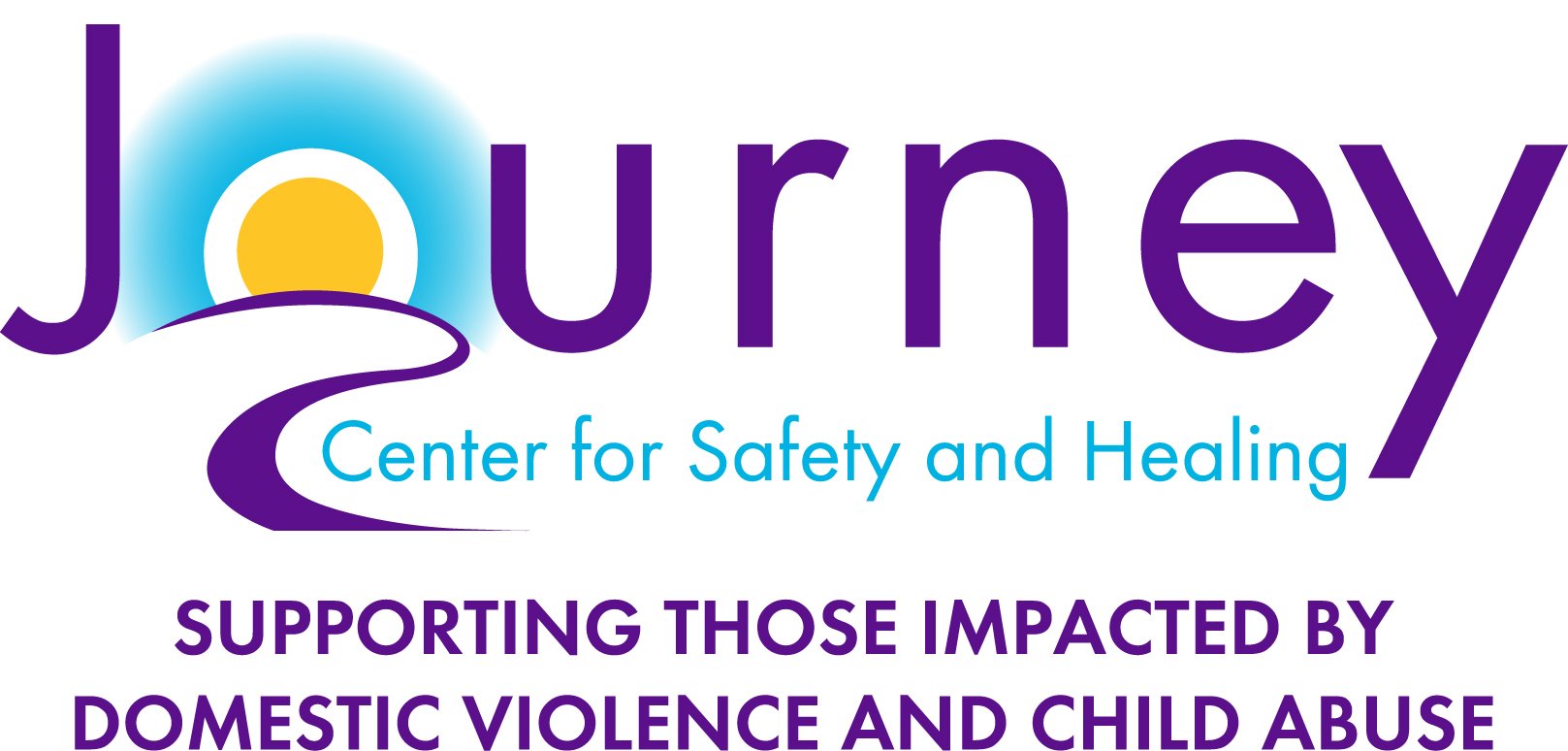Let’s Talk: Responding to Child Abuse
It can be difficult for children and young people to speak out about abuse. Often, they fear there may be negative consequences if they tell anyone what’s happening to them.
If a child you know or care about is experiencing child abuse you may not know what to do or what to say. However, when a child talks to you about the abuse they are facing it is important to listen and to act in a way that supports the child while keeping them protected.
Start by setting up a framework for discussion
Remain calm
Listen closely
Help make the child feel comfortable
Don’t interrogate
Reassure the child they have done the right thing
Do not make promises you cannot keep
Do not investigate yourself
It’s vital that children and young people are able to speak out and that whoever they tell takes them seriously and acts on what they’ve been told. Children may disclose directly or indirectly and sometimes they may start sharing details of abuse before they are ready to put their thoughts and feelings in order.
There are many reasons why children and young people might find it hard to talk about their experiences of abuse or neglect. Some children and young people may:
Blame themselves for the abuse or feel shame or guilt
Experience feelings of isolation
Be afraid of negative reactions from parents, caregivers, peers and professionals
Lack trust in the people around them
Not know about the support services available to them
Disclosing is difficult for children and young people and something they may only be able to do a little at a time. Allow the child or young person to take their time to speak. Some children may not wish to talk much about the abuse and might want to resume some regular activity soon after disclosing. Others, however, may need to talk for longer about different aspects of their experience. It is important that the child or young person does not feel rushed or panicked and that you have plenty of time to soothe and reassure them.
An adult’s response to a child or young person’s disclosure of abuse can be central to a child or young person’s ongoing safety and their recovery from the trauma of abuse.
If an adult does not take action when there are suspicions that a child is being abused, it may place the child at serious risk of ongoing abuse and prevent the child’s family from receiving the help they need. Having accurate information about child abuse can help adults to support a child or young person who has disclosed it and to feel less overwhelmed.
We are always here for you when you need to talk. For more information on child abuse, call or text our 24-Hour Helpline: 216.391.4357 (HELP) or live chat.
